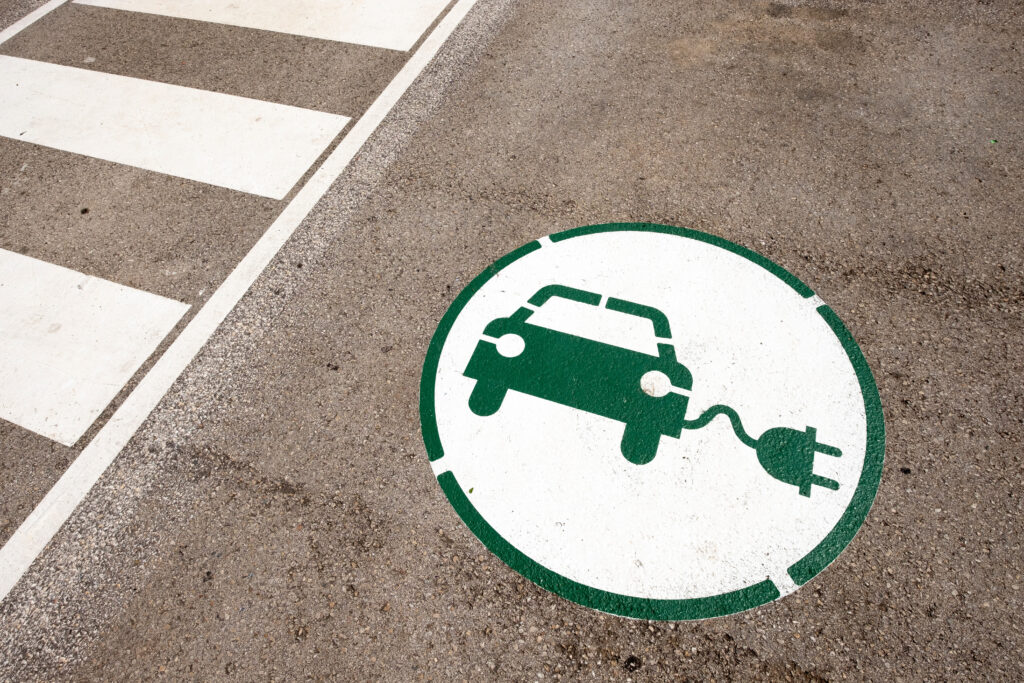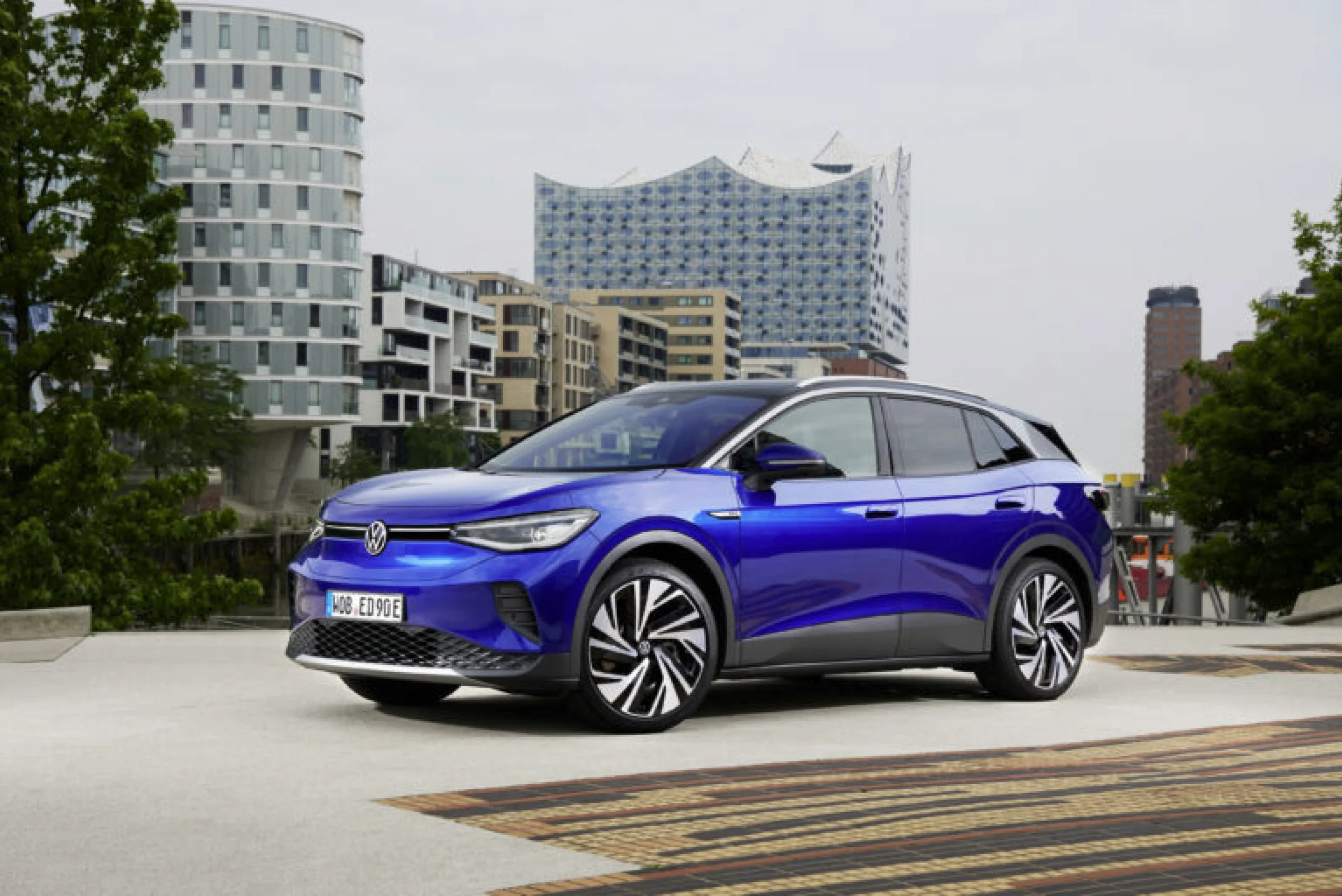
With more and more drivers getting behind the wheels of EVs, you may have begun researching the price of these vehicles yourself. But before you calculate your budget and head to the dealership, know that EVs come with additional expenditures that can drive up the overall cost of ownership.
On the other hand, numerous lesser-known financial incentives exist that can help reduce this cost. These monetary bonuses, coupled with a growing number of convenience perks, can make owning an EV more achievable and appealing.
You can expect to pay a higher insurance rate for an EV compared to a similar model gas-powered car. This is primarily the result of the higher price tags attached to EVs. These vehicles also have expensive parts that can lead to costly repairs should they break.
To make up for lost gasoline tax revenue, many states have enacted laws requiring additional registration fees on EVs. Currently, 32 states have such fees for plug-in electric vehicles, and 14 have additional fees for plugin-in hybrids.
When the time comes for you to move on from your old EV, you may choose to resell it. If that’s the case, your car might fetch a lower price than you expected.
Because EVs are evolving rapidly, older models quickly become outdated. This results in a faster depreciation than gas-powered cars. AAA’s “Your Driving Costs” study found that on average, EVs lose more than $5,000 in value each year. Gas-powered sedans and SUVs, however, depreciated between about $2,500 and $4,000. Hybrids also lose their resale value quickly, with an average annual deprecation of $3,800.
While EVs can be plugged into a standard home outlet, many owners opt to use a home charging stations. These units can charge an EV significantly faster. However, this upgrade will cost you. The station itself can cost between $350 and $2,000. Installation will likely set you back at least $1,000, up to $5,000 depending on home electrical service capacity. On the bright side, a growing number of states are offering EV owners financial incentives for installing home charging units, which can help reduce the out-of-pocket costs.
EVs have fewer moving parts than a gas-powered car, which lessens the chance of something breaking or wearing down. When an EV does need a repair, however, it is often more expensive than one for a traditional car. Replacing a battery pack after its warranty has expired, for example, can cost thousand dollars. As an example, a battery for a Chevrolet Bolt could cost $8,000 and a battery for a Tesla could cost $12,000-$18,000. You may also be limited in your repair shop options, as not all repair technicians are familiar with EV repairs.
Federal, state and local governments provide rebates and/or tax credits to citizens who purchase an EV. These typically range from several hundred to several thousand dollars.
Several states across the country allow battery electric and hybrids access to high occupancy vehicle (HOV) lanes, regardless of the number of passengers in the car. Exact rules and regulations vary from state to state. (To identify your vehicle as eligible for HOV lane use, you may need to receive a special license plate, decal or register your toll transponder. These steps might require an annual or one-time fee).
Another hidden EV perk you might experience on the roadway is discounted toll fares. A growing number of states are offering owners of battery electric and hybrid cars reduced toll fares. New York’s Green Discount Plan, for example, gives EV owners a 10% discount on their E-ZPass rate. Similar programs exist in states across the country.
A growing number of public and private entities are working to attract EV owners through parking perks. More and more private lots are becoming equipped with EV chargers, allowing drivers to charge their vehicles while away from home. Furthermore, these chargers are often located in convenient spots close to businesses.
Additionally, many cities are now offering free or discounted EV parking at municipal lots, according to UPenn’s Kleinman Center for Energy Policy.
The batteries in EVs can receive a charge, of course, but many can also redirect that charge in order to power an external device. This capability, known as bidirectional charging, allows the EV to essentially act as a generator. It’s perfect for use in an emergency or any other time you find yourself away from an electrical source and in need of power.
AAA’s Recommendation: Whether you own an electric vehicle or a gas-powered car is up to you – and you should consider lots of factors in making that choice. No matter what type of vehicle you’re choosing, we recommend visiting a dealership, test driving one, and asking as many questions as possible to make an informed decision.





















